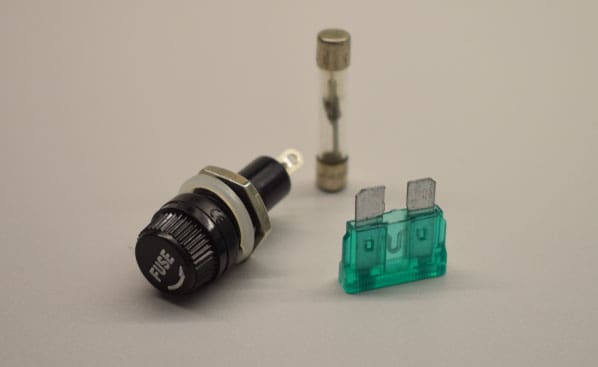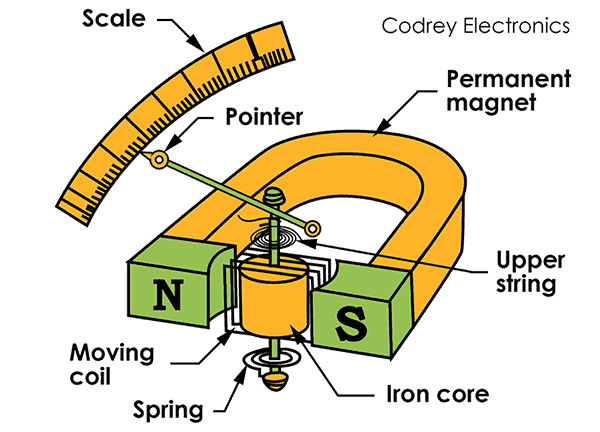The fuse and circuit breaker are circuit protection devices used to protect the system from over-current conditions in power system industries. Both do the same but differs from their various characteristics and working principle. Let’s see the difference between the fuse and circuit breaker.

But, before that, we will explore why we need fuse and circuit breakers?
Need for Circuit Breaker and Fuse
In most of the electrical and electronics applications, it is quite common that electrical system experience over current. This may overheat the components present inside the system and affect the system reliability and in some cases, it may totally damage the system along with the persons nearby.
Disadvantages of Over Current
- Overheats system components
- Damages equipment
- Damage insulation
- Bends and twists bus cables.
- Cracks will occur for cables and insulators, and Spacers
- Fire explosions and hazardous fumes exist due to over current.
Moreover, an increase in loads (lights, motors, machines) results in overload and short circuit problems. To overcome this, overload protection devices such as fuse and circuit breakers are used.
Comparison
| Fuse | Circuit Breaker |
|---|---|
| Fuse works on the principle of electrical and thermal properties of the conducting materials | Circuit breaker works on the principle of electromagnetism and switching |
| It operates automatically | It operates manually and automatically |
| It needs to be replaced after every operation | No replacement is required |
| It can be used only once. It is a one-time protection device | It can be reused |
| No auxiliary contact is required | They are available with auxiliary contact |
| It cannot be used as ON/OFF switch | It is used as ON/OFF switch |
| It can break the circuit | It can make or break the circuit |
| They are independent of ambient temperature | It depends on ambient temperature |
| Fuse is small | It is larger in size |
| It provides protection against only power overloads | It provides protection against power overloads and short circuits |
| Fuse can detect and interrupt the fault current | It performs only interruption. Faults are detected by the relay system |
| Breaking capacity of the fuse is low | Breaking capacity is high for circuit breakers |
| Operating time is very less (0.002 secs) | Operating time is more than fuse (0.02 – 0.05 secs) |
| Cost is low | Cost is high |
Conclusion
Based on the difference between fuse and circuit breaker, a fuse is used in electricity meters for houses and in electronic circuits for overcurrent protection. A circuit breaker is reliable as well as reusable as it controls high currents. But, if you want to switch circuits with small currents relays are preferable.



